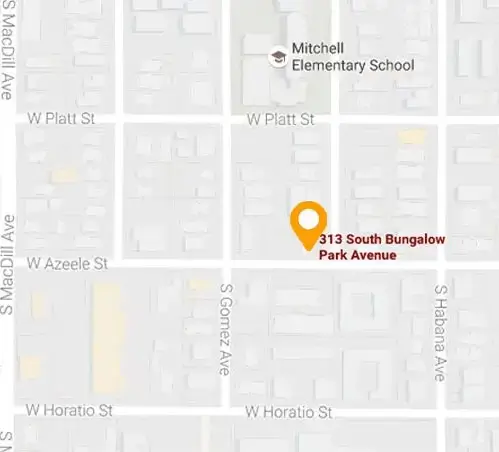Relocation and custody modification in Florida often create emotional and legal tension between co-parents. Whether it’s a job opportunity, a new relationship, or a fresh start, moving more than 50 miles away from your child’s current residence isn’t as simple as updating your address—it can completely change your parenting rights.
Under Florida law, relocation with a child requires either agreement from the other parent or approval from the court. Without either, the move can be seen as a violation of your existing parenting plan, and you could risk losing valuable time with your child.
What the Law Says About Relocation
Florida Statute § 61.13001 defines relocation as moving a child more than 50 miles from their current home for more than 60 consecutive days. If both parents agree to the move, they must sign a written agreement that outlines the new timesharing plan. If not, the parent who wants to relocate must file a Petition to Relocate and go through a formal legal process.
The court will consider factors like:
- The impact on the child’s relationship with both parents
- The reasons for the move
- Whether the move is in the child’s best interests
How Custody Modifications Work
If relocation is approved, it almost always leads to a modification of the custody arrangement. Florida courts require a “substantial, material, and unanticipated change in circumstances” to modify a parenting plan—and relocation fits this definition.
A judge may:
- Adjust timesharing schedules
- Reassign parental responsibilities
- Modify child support if expenses increase due to travel
The Role of Parental Alienation in Florida Custody Cases
One of the most sensitive—and increasingly common—issues in custody modification is parental alienation in Florida. If a parent moves or withholds contact without legal permission, the other parent may claim they are being alienated from their child.
Florida courts take this very seriously. If a judge believes a parent is intentionally damaging the child’s relationship with the other parent, it can backfire legally. In severe cases, custody can be reversed or significantly limited.
Don’t Make a Move Without Legal Support
Relocation cases are never just about geography—they’re about preserving your relationship with your child. Whether you’re seeking permission to move or trying to protect your timesharing rights, the legal road ahead can be complex.
At Sparkman Law Firm, our experienced team helps parents navigate relocation and custody modifications with clarity, compassion, and strategic legal planning. We’ll advocate for your rights while prioritizing your child’s best interests.
Talk to a Tampa Family Law Attorney Today
Before you take the next step, get the guidance you need. Contact Sparkman Law Firm to speak with a dedicated Tampa family law attorney who understands Florida’s relocation and custody laws inside and out. Schedule your consultation today and move forward with confidence.








